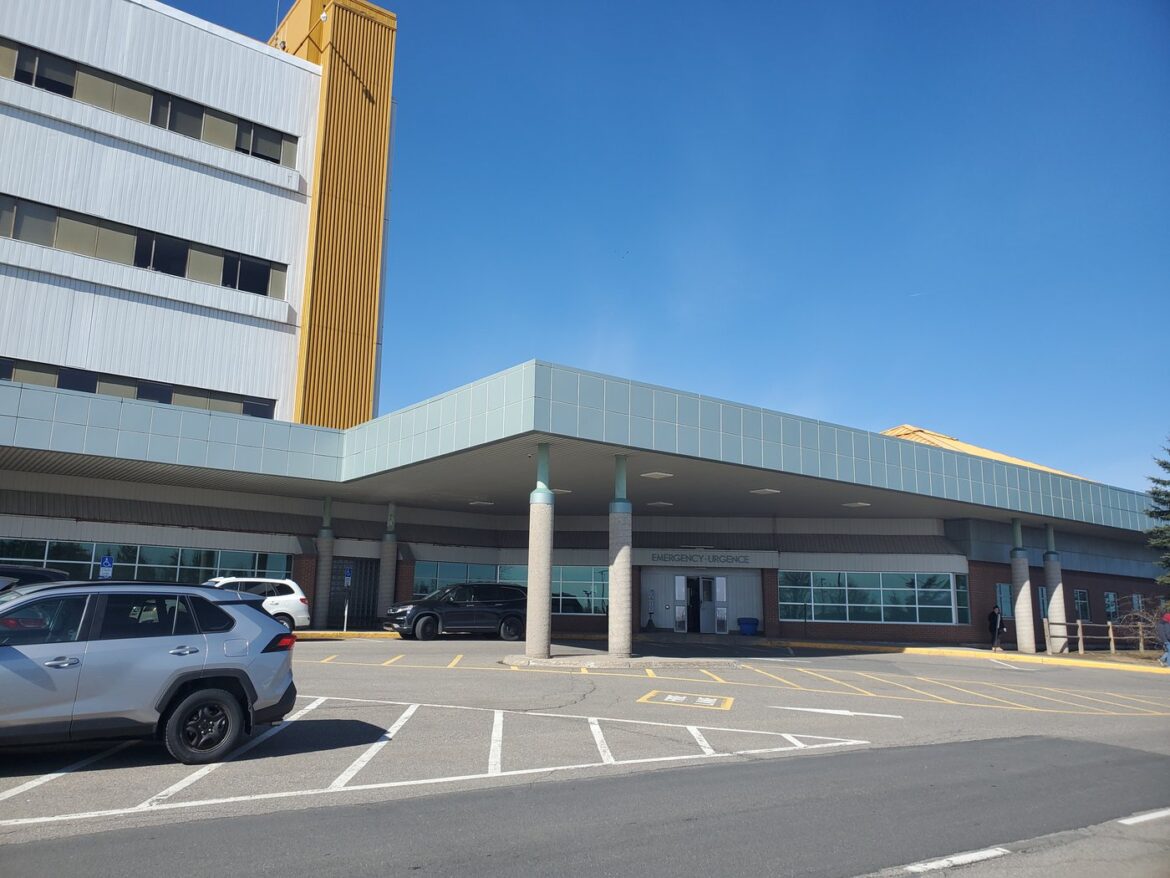391

Donald Darrell Mesheau died in the early hours of July 12, 2022 in a waiting room at the Dr. Everett Chalmers Regional Hospital in Fredericton.




